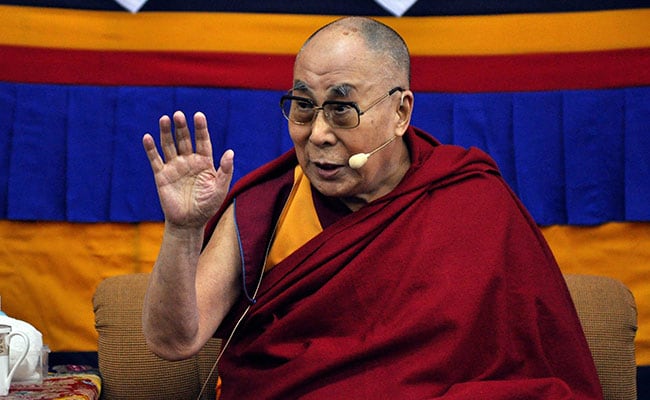 China has said it would not support the successor of His Holiness the 14th Dalai Lama if they were to be found in India as the religious leader has asserted, since it would not be in compliance with the state’s own laws, regulations and established religious principles.
China has said it would not support the successor of His Holiness the 14th Dalai Lama if they were to be found in India as the religious leader has asserted, since it would not be in compliance with the state’s own laws, regulations and established religious principles.
The Chinese government has its own policy of freedom of religious beliefs and it overlooks religious affairs and regulations on the reincarnation of Tibetan Buddhism, a spokesman for the Chinese Foreign Ministry said on March 19.
He said the reincarnation system has been around for hundreds of years and the 14th Dalai Lama was appointed based on the religious rituals and historical conventions of the time. His succession was approved by the central government in power at the time and hence, the reincarnation of the Dalai Lama must continue to comply with Chinese laws, the official added.
This response was seen by Tibetans as a move by the Chinese government to exert undue influence on the community as it disregarded centuries-old Tibetan Buddhist religious tradition and was seen as a violation of the universal principle of religious freedom.
“China considers [the] Dalai Lama’s reincarnation as something very important. They have more concern about the next Dalai Lama than me,” the Dalai Lama told Reuters in an interview.
“In future, in case you see two Dalai Lamas come, one from here, in a free country, one is chosen by Chinese, and then nobody will trust, nobody will respect [the one chosen by China]. So that’s an additional problem for the Chinese. It’s possible, it can happen,” the exiled leader added.
He said the role of the Dalai Lama and its necessity after his death would be discussed during a meeting of Tibetan Buddhists in India this year, adding that even though Buddha was not reincarnated, his teachings remained.
His Holiness noted that if there was to be another Dalai Lama, he would still have no political responsibility. His Holiness gave up his political duties in 2001 and developed a democratic system for the 100,000 Tibetans living in India.
“If the majority of [the Tibetan people] really want to keep this institution, then this institution will remain,” he said. “Then comes the question of the reincarnation of the 15th Dalai Lama.”




 Print
Print Email
Email